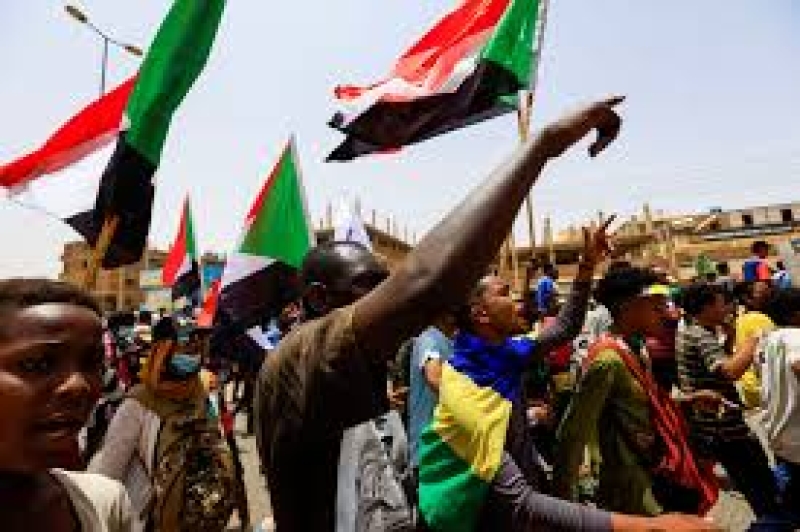- Trump considering military options on Greenland; Europe rejects |
- Fertiliser crunch threatens Kushtia’s onion boom despite high prices |
- Security Council Divided on United States' Venezuela Action |
- Over 1.53m voters register for postal balloting: Shafiqul Alam |
12 More Die in Anti-Sudanese Protests in South Sudan

At least 12 more people have died in South Sudan over the past two days amid escalating anti-Sudanese protests, despite the implementation of an overnight curfew. Security forces confirmed the deaths on Saturday, as protests, triggered by reports of 29 South Sudanese casualties in Sudan’s Al-Jazeera state, turned violent.
In the capital, Juba, demonstrators looted businesses owned by Sudanese nationals. When police intervened to disperse the crowds, three people were killed, and seven others were injured. In Aweil, nine more fatalities were reported on Friday—two South Sudanese and seven Sudanese nationals.
In response to the unrest, South Sudan imposed a curfew on Friday night, but protests continued to spread to other towns. On Saturday, police spokesperson John Kassara stated that the overall security situation had calmed, with conditions remaining stable for the past 24 hours.
An AFP reporter noted that while the streets of Juba appeared calm in the evening, a heavy police presence remained, and Sudanese-owned businesses in the area stayed shuttered.
South Sudanese President Salva Kiir called for calm and restraint in the face of rising tensions. Meanwhile, more than 600 Sudanese nationals were moved to South Sudan’s army headquarters for protection, while another 278, including children, were sheltered by police in the Central Equatoria region.
The unrest is rooted in the ongoing violence in Sudan, where a civil war erupted in April 2023 between Sudan's official army and the Rapid Support Forces militia. The war has caused tens of thousands of deaths and displaced around 12 million people. Famine has also claimed many more lives, adding to the region's humanitarian crisis.
South Sudan, which gained independence from Sudan in 2011, has long hosted a significant Sudanese population, many of whom fled the conflict. The protests highlight the deepening tensions between the two nations as the situation continues to deteriorate.

